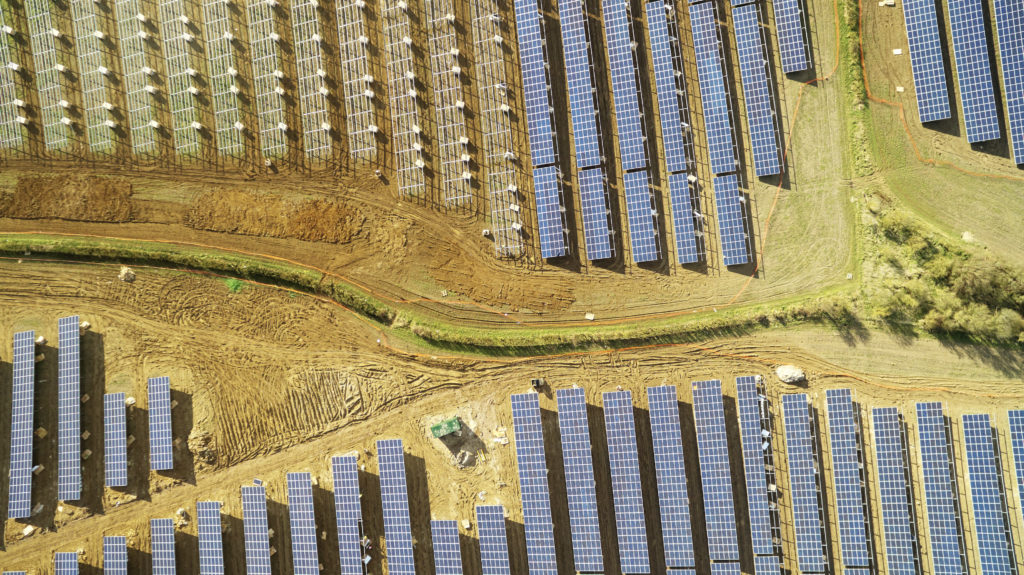A new report by the U.K. Energy Research Centre (UKERC) has urged the British government to back the investment of a more flexible electricity grid in order to usher in an era of cost-effective intermittent renewable energy sources.
Without an electricity grid capable of handling larger quantities of wind and solar power, integration costs of these variable sources of electricity will eventually prove too great, costing almost as much as generation costs, UKERC’s co-director Robert Gross has warned.
The timing of the UKERC report comes as the U.K. government faces calls to halt rising energy prices following the news that three of the ‘Big Six’ electricity suppliers have passed on bill increases to customers in recent months.
“Without investing in greater flexibility you could end up with a system where renewable integration costs are almost as much as generation costs,” said Gross. Tasked with cutting carbon emissions by 80% of 1990 levels by 2050, the U.K. is under pressure to continue supporting the introduction of wind and solar power on to the electricity grid.
The UKERC report found that if the country could meet half of its power demand with intermittent renewables, then the costs associated with integrating these sources to the national grid could fall as low as £15 – £45/MWh ($18.64 – $56/MWh), which is around 50% below current prices.
To achieve this, the report added, the use of battery storage and more power links to foreign countries should be encouraged.
Popular content
The UKERC report was welcomed by the Solar Trade Association (STA), which stressed that the costs of variable renewables are modest and need to be understood in context, ie, that all technologies have a system cost.
“UKERC’s report is timely,” said the STA’s head of external affairs, Leonie Greene. “It amplifies industry calls on government and the regulator to accelerate opening up U.K. markets for flexibility technologies such as storage and demand side response. This will ensure that a clean development pathway for transport, as well as power, remains as cheap as possible for consumers.”
Greene added that there is understandable interest in the cost implications of incorporating new technologies, such as solar, into the U.K. national grid, but added that the initial modest outlays are far outweighed by the benefits to a more flexible system moving forward. And with storage costs also tumbling rapidly, the synergies between solar and storage become ever-more compelling.
“Solar boasts an extraordinary synergy with storage, and the two technologies combined allow output to match demand requirements exceptionally closely, transforming the integration costs into a potential net benefit,” said Greene. “This debate has contributed to some inertia for solar power, which now cannot access wholesale markets despite its low cost. We now need action. There is widespread consensus across the global energy sector on the direction of travel. The quicker the U.K. moves to unlock solar and flexibility markets, the bigger the potential economic wins.”
This content is protected by copyright and may not be reused. If you want to cooperate with us and would like to reuse some of our content, please contact: editors@pv-magazine.com.


By submitting this form you agree to pv magazine using your data for the purposes of publishing your comment.
Your personal data will only be disclosed or otherwise transmitted to third parties for the purposes of spam filtering or if this is necessary for technical maintenance of the website. Any other transfer to third parties will not take place unless this is justified on the basis of applicable data protection regulations or if pv magazine is legally obliged to do so.
You may revoke this consent at any time with effect for the future, in which case your personal data will be deleted immediately. Otherwise, your data will be deleted if pv magazine has processed your request or the purpose of data storage is fulfilled.
Further information on data privacy can be found in our Data Protection Policy.